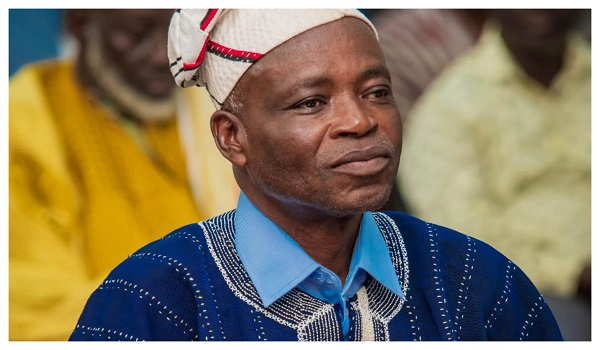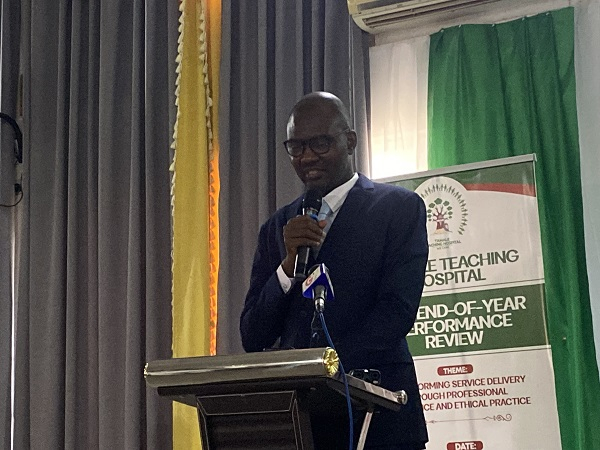
Ghana is currently faced with 338 conflict hotspots, predominantly arising from chieftaincy and land disputes, the Minister for the Interior, Mr Muntaka Mohammed Mubarak, has revealed.
While the southern part of the country accounts for a larger number of these hotspots, the minister said the northern regions present a more volatile security threat due to the intensity and complexity of conflicts recorded there.
Mr Mubarak made the disclosure yesterday in Tamale during a courtesy call on the Northern Regional Minister, Mr Ali Adolf John, at the Northern Regional Coordinating Council.
The visit formed part of a nationwide tour by the Interior Ministry to assess regional security dynamics and exploring ways to strengthen conflict prevention and peace building mechanisms.
“Though the south records more cases, the north experiences more violent incidents, making the region a high-priority security concern,” he said.
He stressed the need for early conflict prevention, especially in vulnerable districts, to maintain national cohesion and stability.
Citing the recent disturbance in Zabzugu, Mr Mubarak warned that unresolved tensions could spiral into broader conflict if proactive steps were not taken.
To this end, he announced plans to support the National Peace Council with enhanced resources to improve early warning systems and community-based interventions.
Additionally, he revealed that the government would deploy at least three armored vehicles to the Northern Region to boost the operational capacity of security forces.
The Northern Regional Minister, Mr Ali Adolf John, expressed concern over the persistent land-related conflicts in the region, particularly during the rainy season when disputes over farmlands often lead to clashes.
He appealed to the Ministry for improved logistical support to help regional security agencies effectively manage and respond to such conflicts.
“Northern Ghana holds enormous economic potential, but lasting peace remains the cornerstone for investment and sustainable development,” he said.
FROM GEOFFREY BUTA, TAMALE









